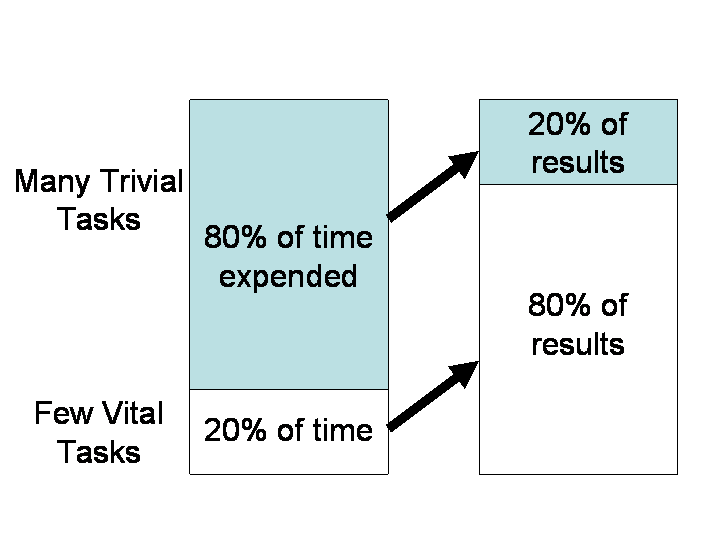Financial planning is a vital part of financial management. The process of determining the objectives; policies, procedures, programmes and budgets to deal with the financial activities of an enterprise is the core of financial planning. Financial Planning is the process of estimating the capital required and determining enterprise’s competition. It is also the process of […]
What’s The difference: Merger and Acquisition?
Both terms are often heard particularly in the economic news. In fact, mergers and acquisitions (M&A) and corporate restructuring are a huge part of the corporate finance world. Daily, Wall Street investment bankers organise M&A transactions, which take separate companies together to create larger ones. The corporate finance deals also do the reverse and break […]
Passive Income: Earn Money While Sleeping
It is almost every people dream that even though we are sleeping and the same time we keep generating money apart from the day job. It can be obtained through passive income. Passive income is where you get paid over and over again for work that you did once. By choosing the right sources of […]
Making Money with Domains
In today’s digital world, domain names are hot commodities. In 2009, the sale of ‘insure.com’ to Quinstreet is about $16 million may have set the world record and even lengthier domain names are consistently sold for hundreds of dollars daily. Thus, it is clear that there are opportunities for investing in the domain names that […]
How to Calculate P/E Ratio?
Price-earnings ratio, or also known as P/E ratio, is a tool that is used by investors to help make a decision whether they should purchase a stock. The price-earnings ratio (P/E ratio) is the ratio for valuing a company that measures its current share price relative to its per-share earnings. The price-earnings ratio is also […]
Understanding Pareto Principle and Its Application
Pareto Principle has originally taken from Italian economist Vilfredo Pareto and he created a mathematical formula to describe the unequal distribution of wealth in his country in 1906. Pareto observed that twenty percent of the people owned eighty percent of the wealth. In the late 1940s, quality guru, Dr. Joseph M. Juran, attributed the 80/20 […]
Altman Z-Score: Bankruptcy Score to Predict Bankruptcy
The global economic trends are repeatedly unpredictable. One time the economy rises, while the other falls. In the center of the economy are companies that go bankrupt, either both external and internal economic reasons. Bankruptcy means disaster because the whole organisation collapses. However, bankruptcy need not be an unannounced catastrophe. There is a method to […]
Tangible and Intangible Assets: What are the Differences?
Assets are anything having some value, which is owned by an individual or firm and is expected to provide economic benefit in future. It is the fundamental business prerequisite that is needed by the company for its smooth functioning. Assets are largely classified as non-current assets and current assets. Non-current assets are further divided into […]
Money Arbitrage: The Definition and Examples
Arbitrage is a term used to describe the purchase of a product which is then immediately sold to make a profit. Arbitrage is popular in the stock market or as a means to make the profit from goods being sold at differing prices in varying markets. A person who uses arbitrage is called an arbitrageur. […]
Recommended Books Every Investor Should Read
Being an investor is something that aims by people who wants better financial status. Investment is the essential part of long term financial planning, especially if you plan to have stable and sustainable financial condition, either related to increasing wealth, preparing retirement and so on. Generally, the most successful people in the world are also […]
- « Previous Page
- 1
- …
- 3
- 4
- 5
- 6
- 7
- Next Page »










